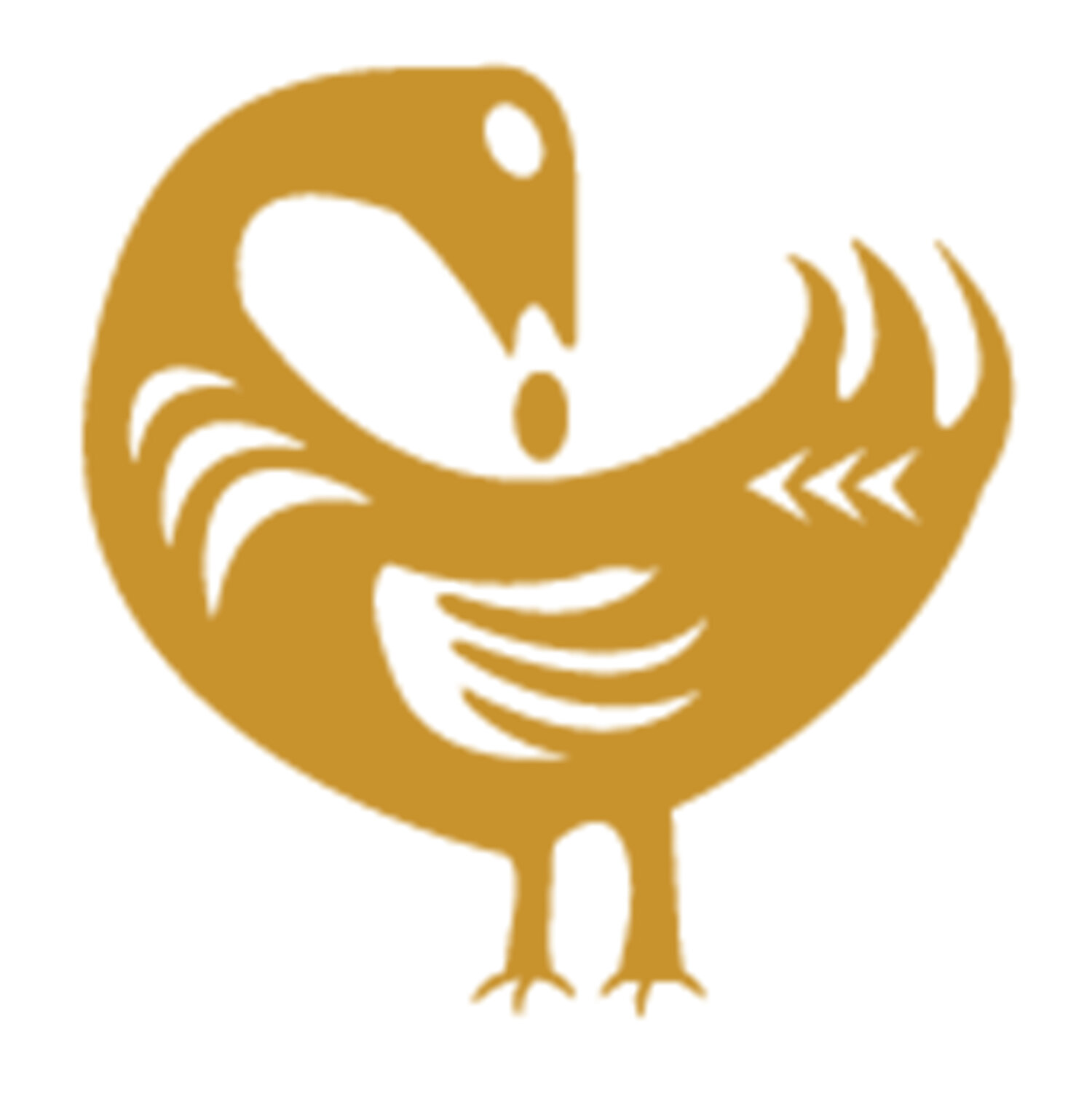An African in America, 1800
Congo Mango’s bond on behalf of Cato Daws, July 31, 1800
his
Congo X Mango {seal}
mark
Witness Jo. Briscoe
[spelling and punctuation have been modernized]
This small piece of paper opens a window into the life story of a man who was born in Africa, enslaved in Maryland, gained his freedom, and helped others become free. He gave rise to a Black family that can be traced to the present day.
The 1800 document records a free person of color, Congo Mango (later known as Congo Mander), purchasing an enslaved man named Cato Daws in order to grant Daws his freedom. Such generous acts were not uncommon in the early African American community, with those who were already free saving up hard-earned money to purchase others’ freedom from white slaveholders.
Both Mander and Daws lived near what is now Galena in Kent County, where Daws was enslaved by James Woodland. By signing this document, Mander pledged a bond of 100 pounds — a very large sum — that Daws would cause no “trouble, cost, or expense” to Woodland during his new life as a free man.
Click "Commodore Collection" below to return to the main page or "Continue" to read more about this topic.

